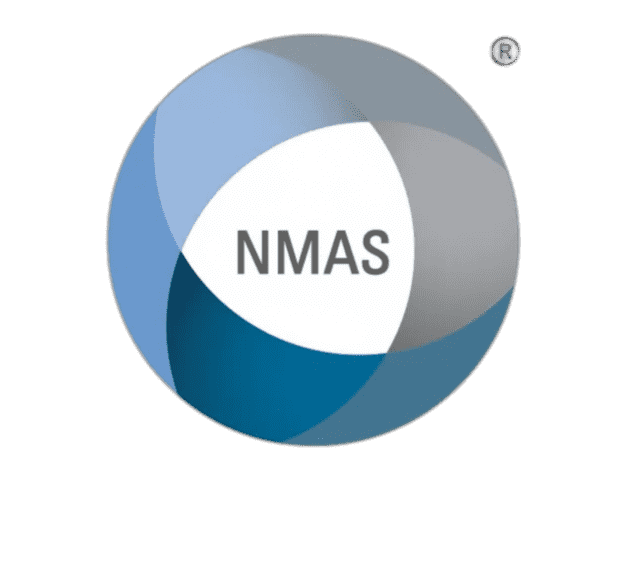The client was referred to the Serenity & Rebalance Yoga program following a diagnosis of PTSD, with ongoing symptoms of psychological distress, physical discomfort, and emotional exhaustion. Previous attempts to engage in yoga had been counterproductive, with other classes heightening distress rather than alleviating it. The virtual, trauma-aware design of the ELEV8 program was identified as a suitable fit, offering both flexibility and a psychologically safe space to reconnect with body and breath.

Program Participation and Engagement
The client completed the full 12-week Serenity & Rebalance Yoga series via telehealth, facilitated by an experienced instructor trained in trauma-informed care. The sessions followed the structure of the Eight-Fold Path from the Yoga Sutras of Patanjali, incorporating breathwork, mindfulness, gentle movement, and reflection.
The virtual delivery was initially a concern for the client; however, they reported the experience as unexpectedly positive:
“Usually I would find video call lessons awkward at the best of times, but [the instructor] facilitated a space where I felt welcome… I felt at ease to be myself during lessons – which is a testament to his approachability.”
Throughout the program, the client was supported to explore practices at their own pace. They felt encouraged, rather than judged, which helped rebuild confidence and self-trust:
“Not once did I ever feel bad about not knowing particular poses. I felt guided and encouraged, rather than judged or embarrassed.”
Outcomes and Progress
The client completed pre- and post-program assessments, with the following outcomes:
- DASS: Reduction in total score from 54 to 39, reflecting improvements across depression, anxiety, and stress subscales
- K10: Decrease from 31 (very high distress) to 24 (moderate distress)
- WHODAS: Functional impairment reduced from 68% to 52%, with notable gains in self-care, social engagement, and emotional regulation
In addition to these measurable changes, the client shared several personal benefits:
- Reduction in pain and muscle tension
- Improved sleep and mood
- A growing sense of motivation and emotional resilience
- The ability to pause and self-reflect when feeling overwhelmed
“After each lesson I would be left feeling positive, and I started noticing my motivation return… I started feeling comfortable in my own body again.”
“For the first time in too long, I actually wanted to take care of myself, and felt I had the energy to do so.”
Client Reflections
The client’s testimonial speaks to the transformative impact of a supportive and human-centred practice:
“To feel like I can rely on myself again; to experience the feeling of self-sufficiency in place of the panic that ruled my life for so long is worth more than I can put into words.”
They also expressed deep appreciation for the quality of facilitation:
“[The instructor] conducts his classes with the utmost professionalism, grace, and empathy… A great teacher can really make a difference, and I am excited to have discovered something I enjoy.”
Conclusion
The Serenity & Rebalance Yoga program played a pivotal role in the client’s recovery journey, helping them reconnect with their body, quiet their mind, and build emotional regulation strategies they could carry into everyday life. The combination of structured learning and compassionate facilitation enabled the client to move from a state of survival to one of stability and self-leadership.
This case demonstrates the value of trauma-informed yoga as a meaningful, evidence-based intervention for individuals experiencing psychological injury, with outcomes that extend well beyond the mat.








